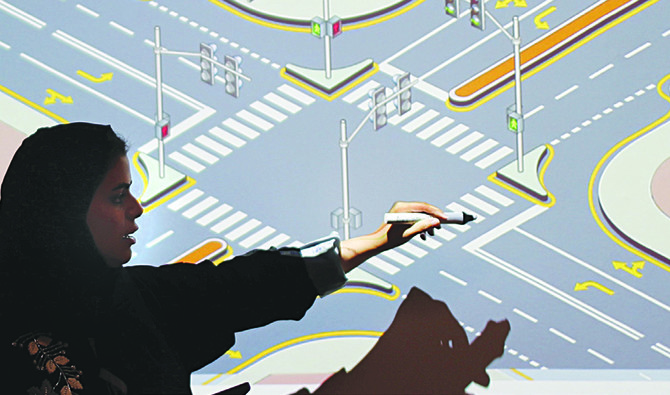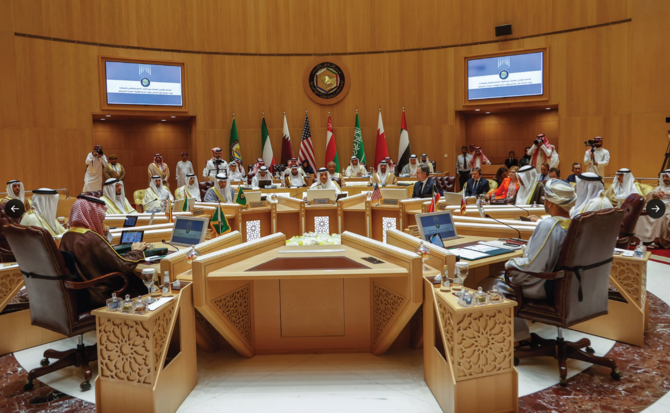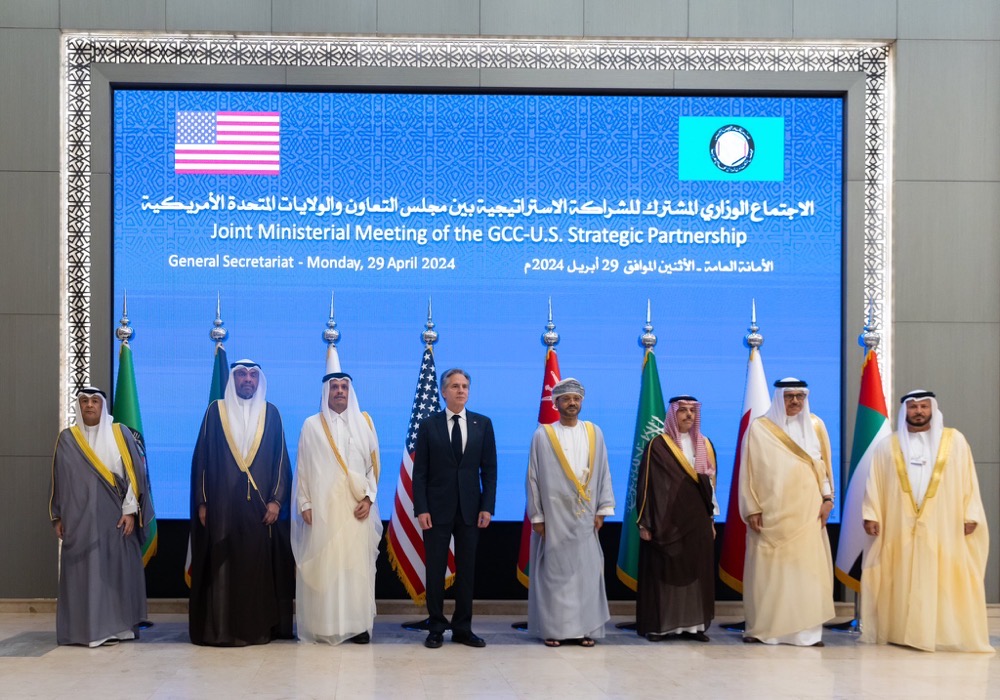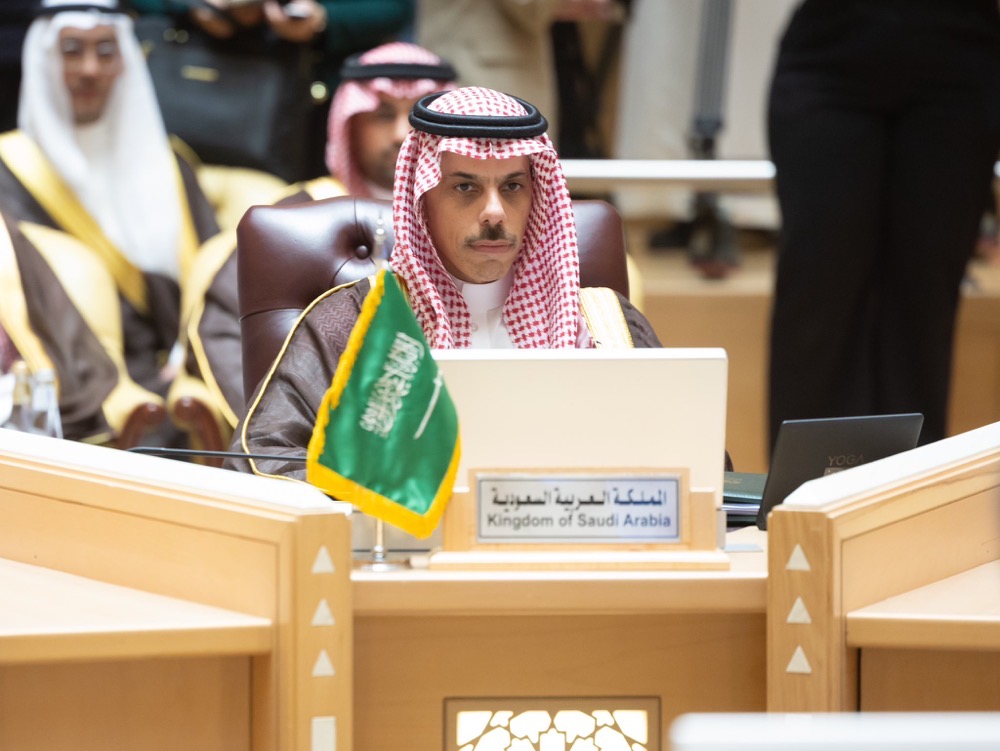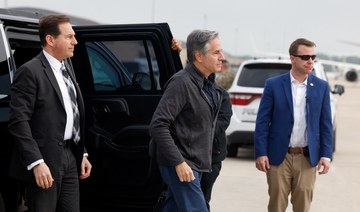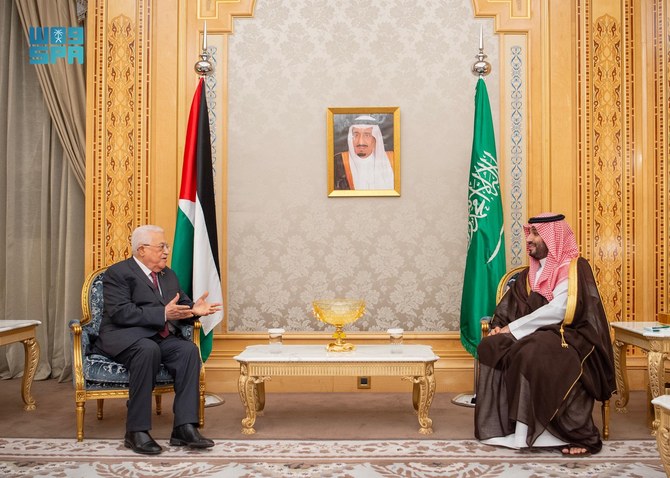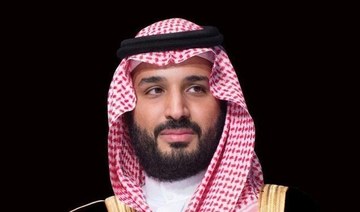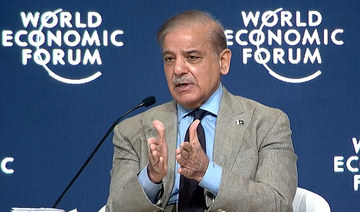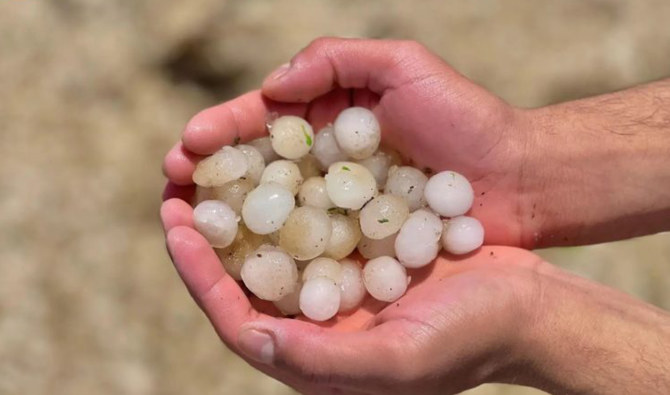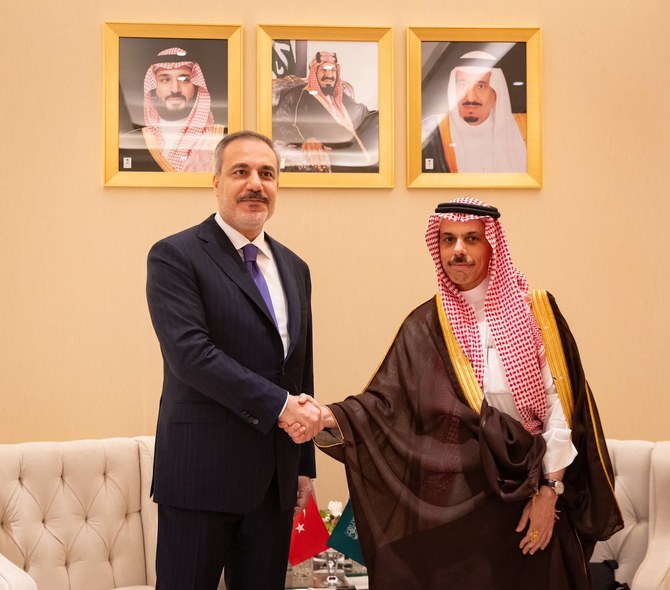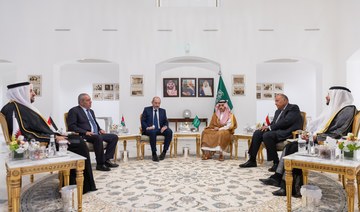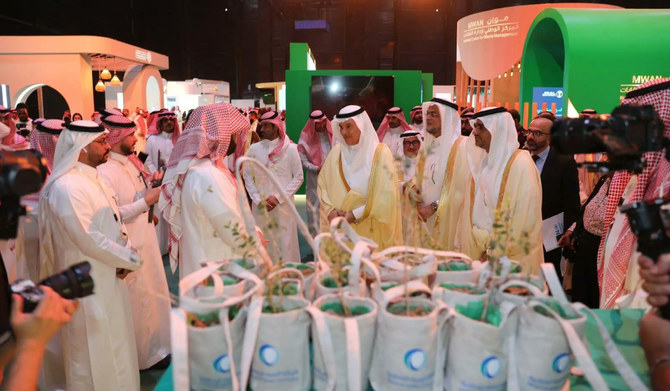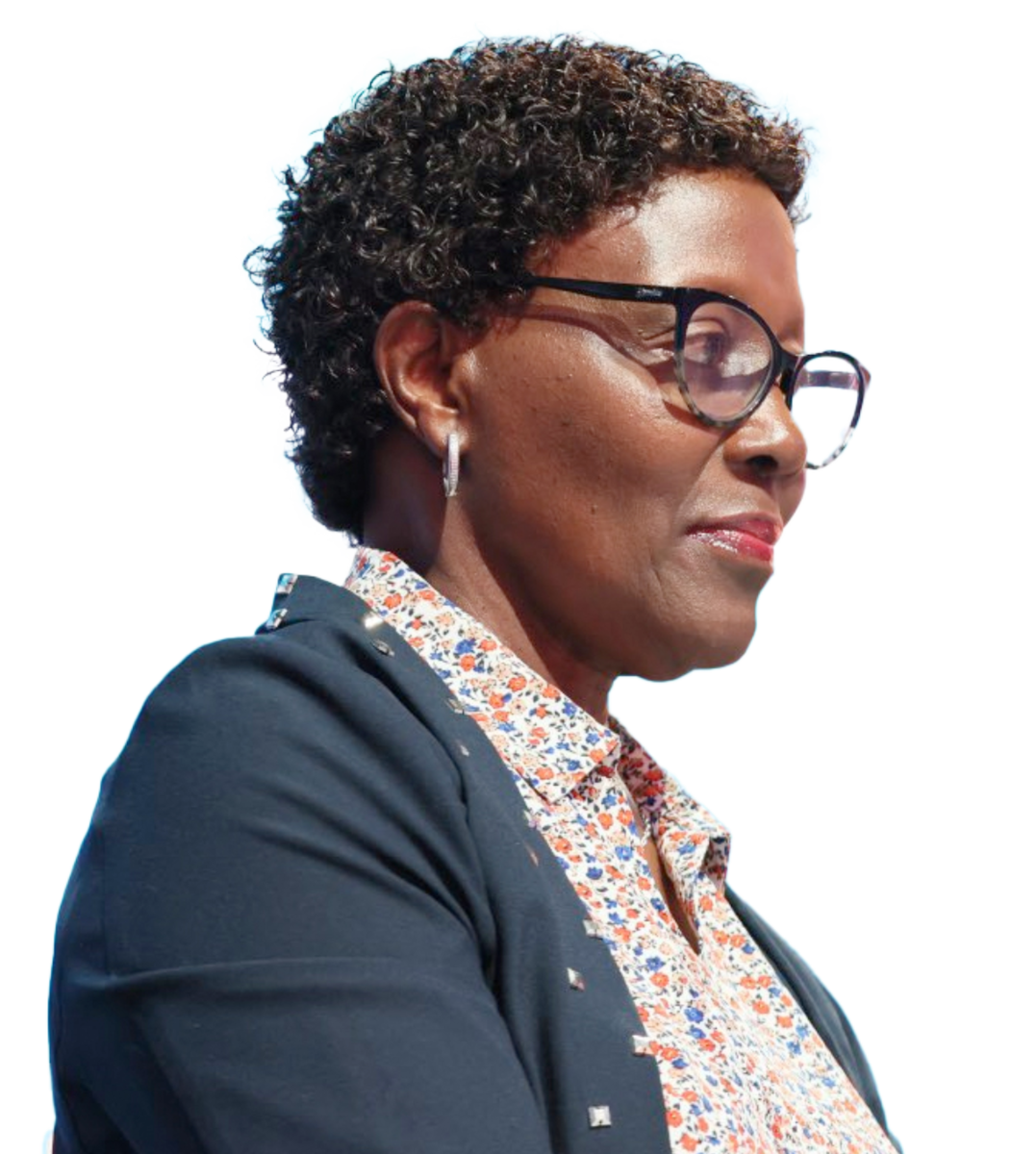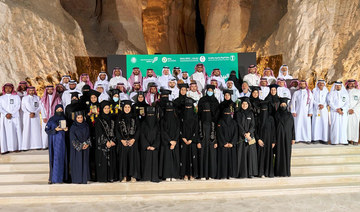JEDDAH: Most Saudi women want to drive, but many also have a fear of new beginnings.
There are women who decided not to drive, whether permanently or temporarily. Reem Mohammed from Jeddah is one of them. “There are many reasons behind my decision not to drive,” she told Arab News. “Before taking the decision of driving, we need several factors to be achieved. For instance, streets should be ready and arranged, more comfortable parking areas should be available, and good and clean automotive workshops that are suitable to serve women customers are also needed. I don’t see any of those conditions met in my city.”
As a mother, she explained: “There are also the psychological reasons, like the fear of traffic accidents, and confusion while driving especially when there are children in the car, and not wanting to go through the struggle of finding parking.”
Rawan Najjar is another mother who decided not to drive. “I think that if the woman drives, the division of responsibilities will significantly change in the family and she will be shouldering all the responsibilities. Because I see that the Saudi man is always looking for a reason to evade and reduce his responsibilities.”
Najjar does not feel her mobility is limited without a driver’s license. “I personally go anywhere I need or want at anytime, whether with ride-sharing services like Uber and Careem, or with my husband.
“The only condition that may make me decide to drive is when I feel I have to adjust my schedule with my husband’s and totally rely on him: That is the moment when I will choose to drive.”
Israa Al-Halees from Jeddah said: “I think it takes time for society to accept and adapt with seeing a woman behind the wheel. The idea is there: Everyone knows that women will be driving their own cars, but new things always need a period of adjustment to be socially normalized.”
Al-Halees said she will wait and see how things go before she decides when to drive, and that may take a year or more.
Sabah Al-Qassas, also from Jeddah, agreed with Al-Halees: “I am not planning on driving any time soon. I will wait until things cool down.”
Tahani Abdulwahed from Riyadh also believes that driving any time soon is out of the question: “I need a period of assessment before I decide when to drive. I can’t tell how long it is going to take.”
Salha Al-Hazmi from Riyadh predicts that “it will take five years for women driving to become completely normal.”
“However, I am waiting for the completion of the Riyadh metro project,” she said. “I think it will be very helpful. We need public transportation as much as we needed the lifting of the ban on women driving.”
Al-Khansaa Mousa from Makkah said: “I need more than six months to wait for things to cool down. Driving, in the meantime, will put us in the center of attention. People are curious and I need the feeling of surprise in the society to calm down.”
Mousa said that before taking the decision she needs to learn from other women’s experiences, those who took the initiative to be the first women to drive. There are other reasons discouraging her. “I don’t feel the system is ready yet. There aren’t enough driving schools, and driving courses are very expensive.”
Yasmeen Al-Mutairi from Tabuk said that at family gatherings she can see that older women have their fears. “They think they grew up and they cannot remember the city ways, and they fear the stress of driving with the kids. They said that it is our time as young women.”
But Al-Mutairi believes otherwise. “I have registered for the driving course and I am waiting for my turn. I want to drive as soon as I get my license and buy a car.”


